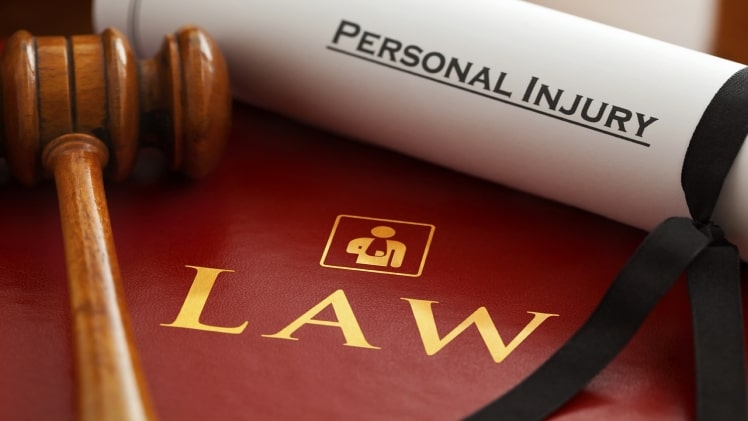Legal Counsel for Offender Representation
Defence attorneys work to protect the freedoms and fundamental rights of persons accused of criminal activity in the legal system. A defense criminal lawyer can serve as either a public or private counsel. Regardless of whose position they hold, their goal is to exploit the law to the accused’s benefit. As long as the law permits, they must act in the best interest of their client. More often than other sorts of lawyers, defense criminal lawyers are called upon to appear in court.
Lawyers keen on trial advocacy may get certification as criminal trial lawyers via many state bar bodies.
-
Bankruptcy Lawyer
The Australian Bankruptcy Code is well-understood by bankruptcy attorneys, who deal with insolvency difficulties for both people and businesses. There are two types of bankruptcy attorneys: those who specialise in consumer bankruptcy and those who specialise in business bankruptcy. Commercial bankruptcy attorneys represent corporate creditors and debtors, while in consumer bankruptcy, they represent individuals. Both specialities of bankruptcy law deal with financial restructurings, plan confirmations and value disputes, but the range of work they do is the same. One approach to see whether a career in bankruptcy law is right for you is to work as a clerk or intern at a bankruptcy law company.
Some states provide bankruptcy law certification, although it is not a requirement, to further identify the skill of attorneys in this area.
-
Corporate Attorney (Corporate Lawyer)
If you’re a small business owner, you’ll need the services of a corporation lawyer, or business lawyer, to manage your legal concerns. When it comes to legal matters such as mergers and acquisitions, the establishment or dissolution of firms, intellectual property and liability conflicts are among the most common. Daily, an attorney could undertake legal research, draught and amend legal papers, and engage in contract negotiations.
Law students at specific institutions can gain extra training for a career in incorporation law by obtaining a business law certificate. After passing the bar exam and graduating from law school, business attorneys are often employed by a large corporate firm or a single corporation.
-
Lawyer for Labor and Employment
Employer-employee interactions are the focus of employment and labour attorneys. Discrimination in the workplace, harassment in the workplace, wage and hour standards, benefits, and pension security are all topics they deal with. Labor attorneys specialise in union-management interactions and collective bargaining. In contrast, employment lawyers handle concerns in non-union workplaces.
Taking a certain number of employment/labour law courses may get you a specialised certificate from many law schools, although it is not essential to get a job in the field.
-
A lawyer specialising in entertainment law
Entertainment attorneys represent athletes, artists, singers, actresses, and other media figures. Whether it’s a song’s lyrics or a comedy act, their client’s intellectual property is safe with them. Besides negotiating contracts and price agreements, entertainment attorneys may also obtain talent releases, serve as a liaison between agencies and venues, or monitor membership in unions and guilds.
Even at the LL.M. level, several legal schools offer certificate or class programmes in entertainment law.
-
Attorney for Estate Planning
Property rights, wills, probate, and trusts are all areas of expertise for estate planning lawyers. To guarantee that client assets, both within and outside of a will or trust, are managed correctly, and that tax and legal concerns are appropriately addressed, they give legal advice and help. Estate planning attorneys may utilise questionnaires to assist clients in examining their assets and obligations and aiding them in their decision-making when deciding how to care for different family members.
Chartered Trust and Estate Planners (CTEP), Accredited Estate Planners (AEP), or Certified Trust and Fiduciary Advisors (CTFA) are the most frequent supplementary certifications for estate planning attorneys.
-
Family Lawyer
While most people think of family lawyers as divorce lawyers who deal with alimony, child custody, and asset distribution, the scope of family law encompasses much more. Family law encompasses all aspects of family life, including adoption, guardianship, paternity, juvenile delinquency, and child welfare. Writing prenuptial agreements, coaching clients on their legal choices, and mediating family issues are just a few of the duties that a family lawyer could be expected to do. At smaller legal firms specialising in family law or at non-profit organisations, family attorneys may find employment.
Several jurisdictions also provide board certification in family law or child welfare law to show their knowledge and skill, although it is not needed.

